If you want to keep your paper and digital records (computer hard drives) safe, they need to be in a secure area – in a locked room or file cabinet. The same goes for unused computers or hard drives that have been removed. If a computer is no longer in use, someone in the organization will eventually take it home or donate it to a charity. Quarterly computer recycling and hard drive destruction projects should eliminate the potential of losing company information.
An office cleaning crew in Indiana mistakenly took boxes of confidential employee and client information to Goodwill. Unfortunately, Goodwill decided to sell the paper records rather than return them to their proper owner – or shred the paper records themselves. Clearly this was a mistake, the paper records should have been shredded before
Apparently this was not the first time. A news team in Indiana visited three Goodwill locations to research how often this happens. On 24 of the 28 visits, the news team was able to purchase confidential paper records. The records contained social security numbers, bank statements, health records and divorce papers.
Has this same mistake happened with computer hard drives? Yes. Unlike paper records which can be easily identified, information on computer hard drives is not…unless you start up the computer.
With the data privacy laws such as HIPAA and GLBA regulating almost every company, hard drive destruction is absolutely necessary when disposing of or recycling your old IT equipment. Deleting your files or erasing the hard drives is not as secure as physically destroying digital media. Shredding your computer hard drive ensures complete data destruction.
Goodwill may be a great place to take unwanted clothes, furniture or household appliance but, when recycling your old computer have a reputable company destroy the hard drive first.
